News Archive
Alumni
-

For some of South Los Angeles’ neediest kids, getting a college degree can seem downright unachievable.
-
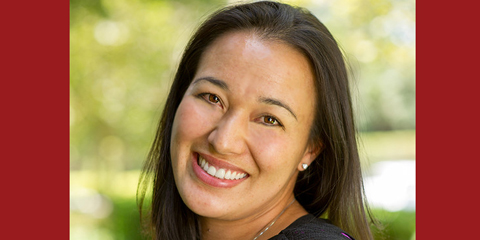
This post originally appeared on the Motion Picture & Television Fund’s website, www.mptf.com.
Openness matters.
-
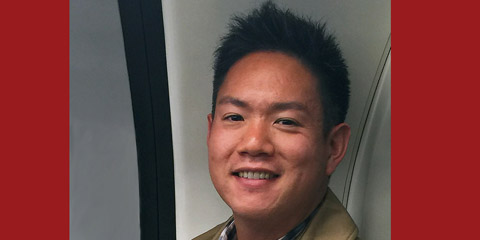
Steven Su sits at his desk as an inmate pounds his knuckles against it, yelling he wishes he could kill someone, anyone.
In a confidential, one-on-one setting, Su often worries about his patients’ violent reactions.
Su, MSW ‘13, goes to a maximum-security prison every day. As a clinical social worker for the California Institution for Men, a 2,500-acre state prison located in Chino, California, he works with patients with psychosis, bipolar disorder and schizophrenia, among other mental illnesses.
-
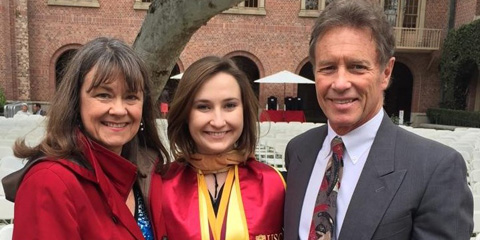
Ivy Hammond graduated from the USC School of Social Work in May 2015, becoming the first recipient of the Matthew Holland Scholarship in Social Work to receive a master’s in social work. Established in 2012 by Board of Councilors member Mark Spratt, MSW/MPA ’03, the Matthew Holland Scholarship in Social Work, named in honor of Spratt’s partner, is awarded to students who have demonstrated a commitment to LGBTQ matters through academic work, community involvement and other personal contributions.
-
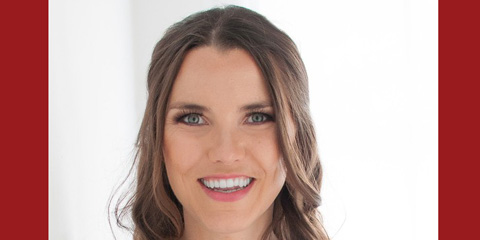
When Margaux Helvey began her search for a master’s program, she was looking for an opportunity to combine her strengths in business strategy and management with social impact. She found it at the University of Southern California, one of the few institutions at the time that offered a dual degree in social work and business administration.
-
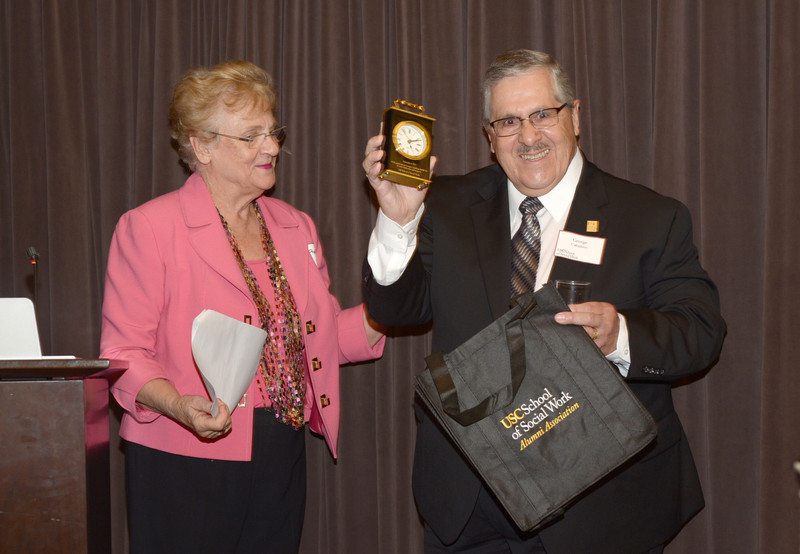
George Caballero, MSW ’82, never expected to be in a position to help in the way he has over the course of his professional career.
“For someone who didn’t have any aspirations of even going to college, getting my master’s degree in social work was a major accomplishment,” Caballero said. “Everything that’s come after that has been a gift.”
Caballero’s career spans more than 30 years serving the Los Angeles community through direct practice, research, clinical supervision, consultation and executive-level leadership.
-
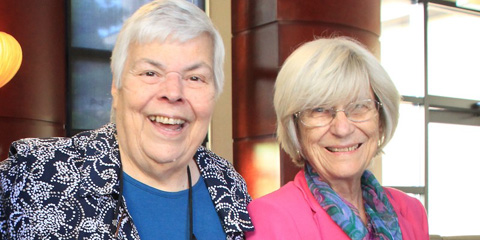
Two graduates of the USC School of Social Work, who dedicated their careers to advancing the values and profession of social work, have been inducted into the California Social Work Hall of Distinction.
-
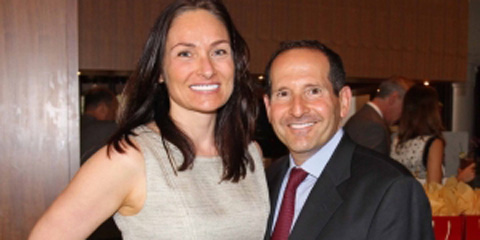
Philanthropists Paul Blavin and Dwight Tate have joined the USC School of Social Work’s Board of Councilors.
Blavin, who has a background in investment banking, is a passionate proponent of social change. His interest in helping foster youth and those who have aged out of the system drew him to the School of Social Work.
“I felt like I needed to reach out and learn more about the school that was training people to help serve underserved youth,” he said.
“We need to help people who need it most.”
-
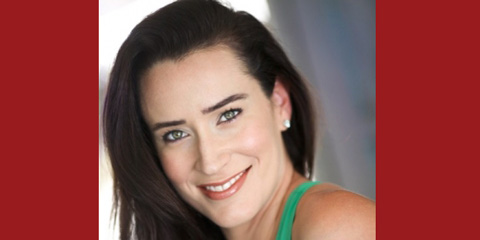
Twelve years ago, Jillian Barba lost her brother to suicide. It was unexpected, and the news sent her into a tailspin.
“He was a good student, the popular guy on campus … but he had a drug problem. He finally got into a treatment program, but after he left he ended up taking his own life,” she recalled. “My brother’s death taught me that even though you think you have so much under control, your life can really change in an instant.”
-
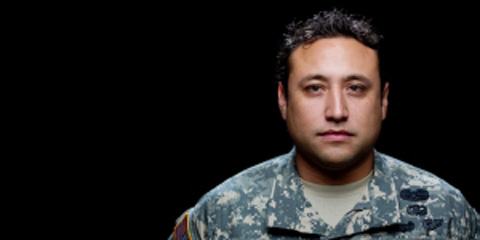
Judith Wolfe, MSW '87, made a gift to the USC Center for Innovation and Research on Veterans & Military Families (CIR) because she is passionate about what happens to veterans when they return home.
“I am aware of what they have gone through because I was a social worker,” she said. “So my focus is to make sure that they are not isolated because [in the military] they were in a group with a support system and then they come back and no one really understands.”